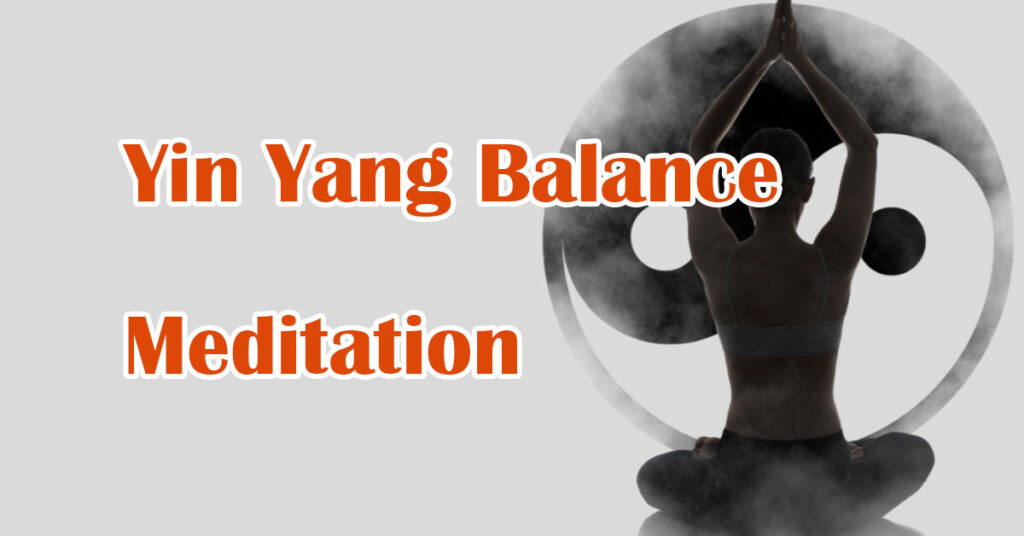We often wonder what to do about negativity or certain troubling emotions. In the spaciousness of meditation, you can view your thoughts and emotions with a totally unbiased attitude. This requires a broad mind and great wisdom. At this point, your attitude changes.
Sometimes, afflictions and emotions may be strong, but your mind and wisdom are greater, allowing you to embrace them. So, it depends on yourself. If your mind is really like an ocean, then you have nothing to fear, even in great storms. But if you are just a small boat, then you will be afraid—when storms come, you will be terrified.
How big is your mind? Is it like a boat or like the ocean? This needs wisdom. When your wisdom arises, your attitude will be different. When your attitude changes, then the whole atmosphere of your mind changes. Your attitude is determined by your understanding and view: when you have the right view, you naturally have the right attitude. With this right attitude, the whole atmosphere of your mind changes, even the very nature of your thoughts and emotions changes. When you become more agreeable, then they do.
Don’t worry or fear your thoughts and emotions, “like an old wise man, watching a child play.” This attitude is different. If you have no difficulty with them, they will have no difficulty with you either. So whatever thoughts and emotions arise, allow them to rise and settle, like the waves in the ocean. Whatever you find yourself thinking, let that thought rise and settle.
Of course, beginners can use this method to deal with subtle thoughts and emotions. However, this doesn’t work for strong greed and anger, which are like tsunami—if you don’t quickly escape or find a way to deal with it, the waves will swallow you or even kill you. These strong afflictions are not small waves that come and go. When a small wave comes, you may stand by the shore, let it wet your feet, and find it enjoyable.
If you are just a boat (and boats come in different sizes), and you have set sail and find yourself in the ocean, then you need to pay attention to both the size of the waves and the size of the boat. Too big wave and too small boat are both risky. At this point, simply being patient doesn’t work. Why? Because your mind is not yet like the ocean; you are just a boat. As beginners, we need to stay away from challenging circumstances and protect ourselves with precepts. Then during meditation, we need to be mindful and meditate on no-self in person and no-self in phenomena, to deal with afflictive obscurations and cognitive obscurations. These are the methods we currently use. This is inevitable, because your mind is not broad enough, you haven’t turned on great wisdom, and you don’t know how to deal with big waves.
For enlightened Zen masters, their minds have become like the boundless ocean through practice. So even in great storms, they are fearless—no matter how big the storms, they return to their true nature. This is a high spiritual attainment, so we cannot compare ourselves to them. Don’t say, “I can also do it.” You may think you have a high spiritual attainment, but in reality, you are just a boat. Well, being a boat is already good; some people are just a small canoe, which is even more dangerous.
Let your thoughts rise and settle. Don’t constrain it, grasp at it, feed it, or indulge it. Be patient. Don’t cling to it and don’t try to solidify it. Neither follow thoughts nor invite them. Be like the ocean looking at its own waves, letting them come and go.
Sometimes, you can visualize your mind as a blue sky, looking down at passing clouds and all illusions, including your emotions, thoughts, and distractions. This visualization method is pretty good. Our mind is like the boundless sky, looking down at everything and embracing whatever happens, whether on earth or in the sky. If you visualize your mind as the sky in this way, you will soon find that thoughts are like the wind; they come and go.
Don’t “think” about thoughts, and don’t have any emotion or attachment to them. Instead, allow them to flow through the mind, while keep your mind free of afterthoughts. Some people who have heavy karmic obstacles, may daydream for a long time. When they wake up, half an hour may have already passed. You may have been lost in your thoughts for a long time before realizing, “I was caught up in daydreaming.”
What’s more, some people may even be trapped in an emotion or a situation for days and cannot find a way out. In such cases, we need to apply antidotes. It’s because you are too narrow-minded, so even a tiny emotion will bother you for a long time. Instead of repenting, you are complaining and finding faults in others. Your karmic obstacles are so heavy. How can you progress in spiritual practice? So, “being patient” doesn’t work for you.



